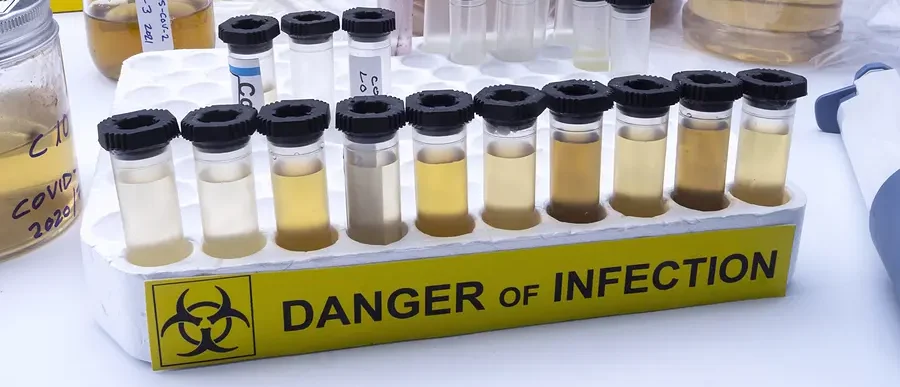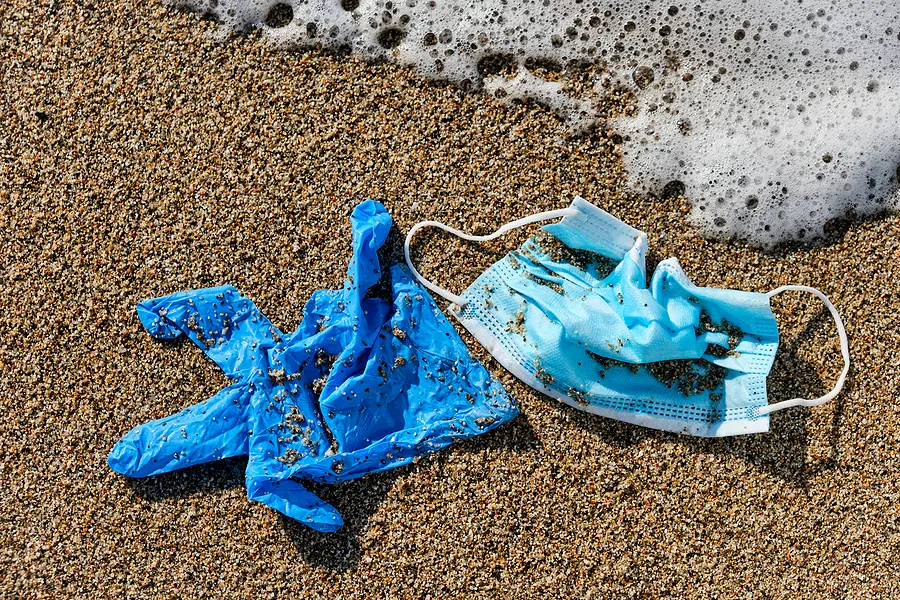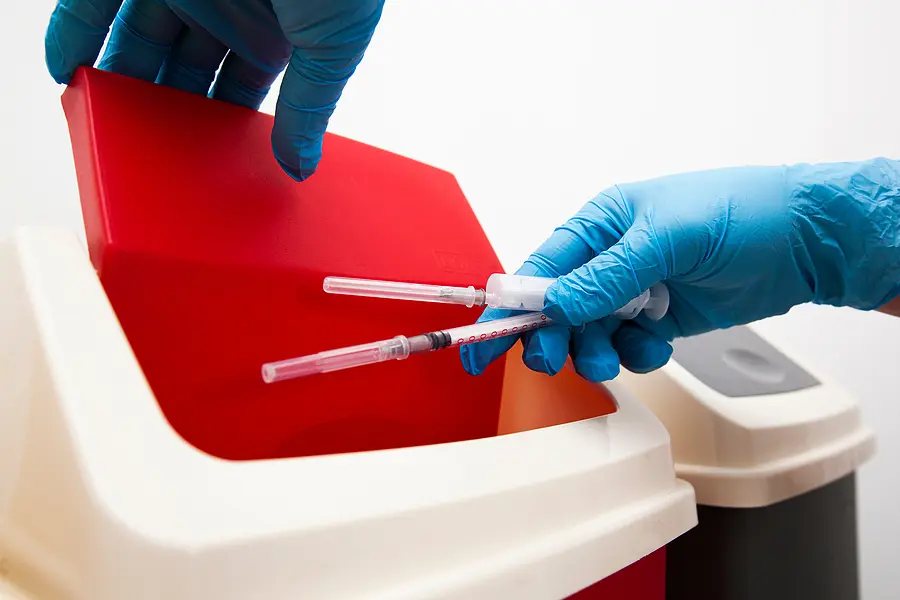Infectious Waste Disposal Procedures

Infectious waste is often generated from healthcare facilities, laboratories, and research institutions. It poses a significant risk to public health if not handled and disposed of correctly. Infectious waste disposal demands careful attention to detail and compliance to strict procedures to prevent the spread of diseases and protect both human health and the environment.
Understanding Infectious Waste
Infectious waste encompasses a broad range of materials contaminated with pathogens. This includes blood, sharps, tissues, cultures, and other potentially hazardous materials. Improper disposal of these materials can lead to the transmission of infectious diseases such as HIV, hepatitis B and C, and other serious illnesses.
The Importance of Proper Disposal Procedures

- Prevent Disease Transmission: Proper disposal procedures are essential for minimizing the risk of disease transmission. By securely containing and disposing of infectious waste, healthcare facilities can prevent the spread of infections among patients, staff, and the community.
- Protect the Environment: Improper disposal of infectious waste can have detrimental effects on the environment, contaminating soil, water sources, and wildlife. Implementing appropriate disposal procedures helps mitigate these environmental risks and preserves ecosystems.
- Comply with Regulations: Healthcare facilities are subject to strict regulations governing the handling and disposal of infectious waste. Adhering to these regulations not only ensures compliance but also demonstrates a commitment to public health and safety.
Best Practices for Infectious Waste Disposal

- Segregation and Containment: Proper segregation of infectious waste at the point of generation is crucial. Healthcare facilities should provide designated containers for different types of waste. For example, sharps containers for needles and syringes, and biohazard bags for other contaminated materials.
- Safe Handling and Transportation: Personnel involved in handling and transporting infectious waste must receive appropriate training to minimize the risk of exposure. The use of personal protective equipment (PPE) such as gloves, gowns, and face shields is essential to protect against potential hazards.
- Treatment and Disposal: Infectious waste should undergo treatment processes such as autoclaving, incineration, or chemical disinfection to destroy pathogens before final disposal. Facilities must work with licensed medical waste disposal services to ensure compliant and environmentally responsible disposal methods.
How to Safely Dispose of Infectious Waste
Proper management of infectious waste requires the expertise and resources of specialized medical waste disposal services. These professional providers offer comprehensive solutions for the collection, transportation, treatment, and disposal of infectious waste, relieving healthcare facilities of the burden of managing this critical aspect of their operations.
By partnering with a reputable medical waste disposal service, healthcare facilities can:
- Ensure compliance with regulatory requirements and industry standards.
- Minimize the risk of healthcare-associated infections and protect public health.
- Streamline waste management processes, saving time and resources.
- Demonstrate a commitment to sustainability and environmental stewardship.
Dispose of Your Infectious Waste Responsibly with Medical Waste Pros
By implementing proper disposal procedures and partnering with reliable medical waste disposal services, healthcare facilities can effectively manage infectious waste while safeguarding the health and well-being of patients, staff, and the community.
Take the first step towards ensuring safe and compliant infectious waste disposal by partnering with Medical Waste Pros. Contact us today at (888) 755-6370 or fill out the form to learn more about our infectious waste disposal services.










